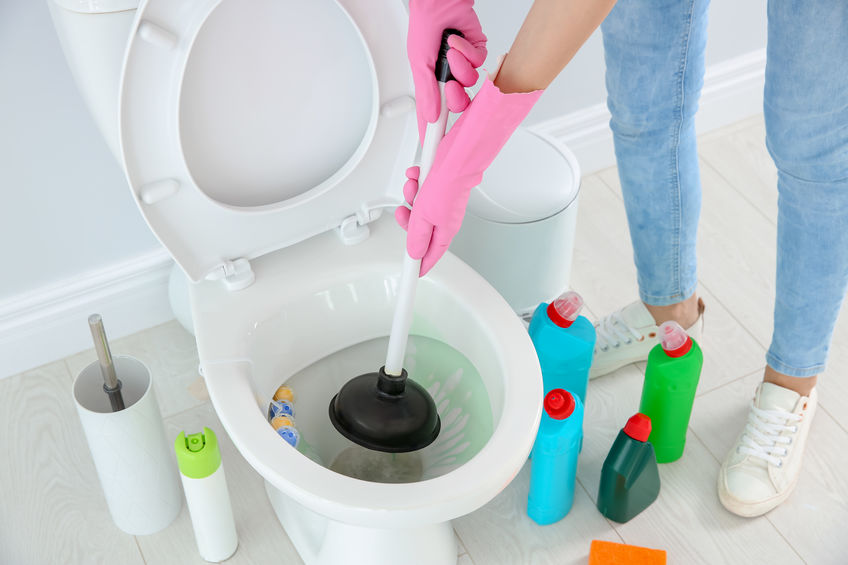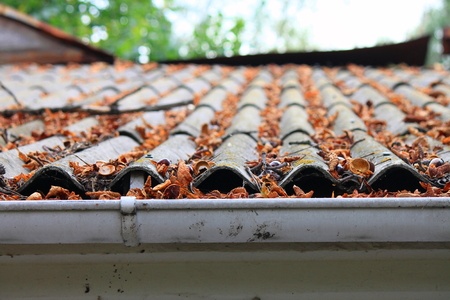Easy Refrigerator
Maintenance Tips
Easy refrigerator maintenance tips. The refrigerator is one of your home's most important (and expensive) appliances. Regular maintenance and cleaning are essential for peak efficiency.
Otherwise, dust and dirt can build up in the fridge's condenser coils; door gaskets can loosen their grip and allow cold air to leak out; and the temperature can become unstable, putting all the food inside at risk of spoilage.
These easy refrigerator maintenance tips can help keep your fridge operating in peak condition.
Easy Refrigerator Maintenance Tips -Clean Interior Weekly
Clean the interior of your refrigerator weekly. Always wipe up spills immediately to prevent bacteria from growing.
Start by washing the interior with warm, soapy water, then disinfect with a solution of 1 teaspoon of bleach in 1 quart of water. This method also applies to cleaning the fridge door and handles.
Refrigerator maintenance should include a more thorough cleaning each week and tossing out old foods. Add a box of open baking soda to the back of a low shelf to help absorb food odors so your other edibles do not.
Check the expiration dates of foods and condiments you keep, rotating them so that the oldest of any item (milk, for example) is front and center when little hands are searching. (Find out how long food lasts in the refrigerator.)
Every few weeks do a major cleaning. First, unplug the fridge for safety. Then, remove all food. Dissolve four teaspoons of baking soda in one quart of water.
Wash all interior surfaces, including the top, bottom, drawers, and walls, with a soft, clean cloth. Pay special attention to corners and crevices.
Then, rinse all surfaces with warm water. Dry with a soft, clean cloth. Remember to plug the fridge back in!
Check The Interior Temperature Regularly
Monthly refrigerator maintenance should include checking the interior temperature. To prevent food from spoiling, the temperature needs to be between 34 F and 40 F.
You can't depend on the refrigerator's little gauge (1-5). Get a refrigerator thermometer.
Whenever possible, allow leftovers to cool to room temperature before placing them in the fridge. Hot food can cause refrigerator temperatures to drop.
Don't overload the refrigerator. Parties are a dangerous time because you cram a lot of food into the fridge and then continually open the door. Turn the temperature down during these occasions to keep the food cold.
This will cut down on the amount of warm air inside, which can cause the interior temperature to rise and fluctuate, compromising the safety of the food in your fridge.
Easy Refrigerator Maintenance Tips for Door Gaskets
Refrigerator maintenance here should include regularly checking that the refrigerator door seals (or gaskets) close tightly to prevent cold air from sneaking out.
It's common for gaskets to weaken, loosen, or tear within just a few years. Worn or loose seals can cause your refrigerator to use up to 3 percent more energy for each degree Fahrenheit over ambient room temperature (about 70 degrees F).
That means your fridge could use up to 25 percent more energy when the temperature tops 80-degrees inside your home, as your fridge is forced to work harder. (Read more tips for saving energy in the kitchen here.)
An easy way to check that the seals are working correctly is to slide a piece of paper half in and half out of the fridge door. If you can easily pull it out, the door seals may need replacing.
Refrigerator maintenance includes washing door gaskets with soapy water every three months to remove spills and crumbs and towel drying.
Clean Refrigerator Condenser Coils Yearly
Clean your refrigerator's condenser coils at least once a year.
Condenser coils are the massive, radiator-like thing usually found behind the toe grille or at the back of, or beneath, your refrigerator.
Clean the refrigerator's condenser coil with a long-handled bottle brush and a vacuum cleaner with an attachment hose to remove dust and lint.
Built-up dust can shut down the unit by causing it to overheat. To remove dust from coils attached to the hard-to-reach back side of the fridge, carefully pull the refrigerator out several feet (newer models roll on casters) and vacuum thoroughly; finish by sweeping or vacuuming the floor you've revealed.
Expect to rediscover coins, bottle caps, and twist ties you and the cat knocked there over the past year. Get more on How to and why you should clean your refrigerator coils.
Easy Refrigerator Maintenance Tips - Consider A Newer Model
Finally, remember the adage "Out with the old, in with the new"? If your fridge is more than 20 years old, it's time for a new one. Older models can use up to 3 times more electricity than today's energy-efficient refrigerators.
- Clean Home
- Kitchen
- Easy Refrigerator Maintenance Tips
























